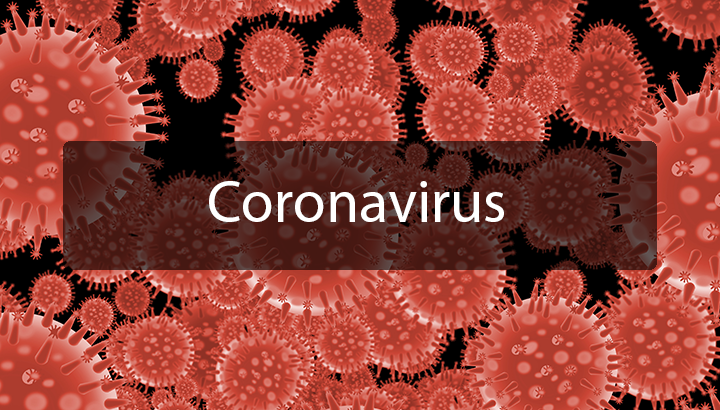 It has taken a while, but most Americans have finally been impressed with the need for meticulous personal hygiene, given the fact that a pandemic has overtaken the entire global population, and threatens to infect more and more people every day. Senior home care is especially important during this time because elderly persons are the age group that is most frequently affected by the coronavirus disease. In Oxford and elsewhere around the country, seniors with compromised immune systems are the biggest target of the disease, because they are the most ill-equipped to combat the effects of this powerful virus. Even though some seniors might not leave their homes much, the disease can still be brought to them by family members who have momentary lapses in personal hygiene, and who may have been exposed to the disease.
It has taken a while, but most Americans have finally been impressed with the need for meticulous personal hygiene, given the fact that a pandemic has overtaken the entire global population, and threatens to infect more and more people every day. Senior home care is especially important during this time because elderly persons are the age group that is most frequently affected by the coronavirus disease. In Oxford and elsewhere around the country, seniors with compromised immune systems are the biggest target of the disease, because they are the most ill-equipped to combat the effects of this powerful virus. Even though some seniors might not leave their homes much, the disease can still be brought to them by family members who have momentary lapses in personal hygiene, and who may have been exposed to the disease.
What does personal hygiene consist of?
One of the most important actions you can take, both now and in the future, is to continue to wash your hands with soap and water, or with some kind of wash that has an alcohol base. This can kill the virus effectively, so even if it was on your hands, it will go no further when you remember to wash your hands. This should be done frequently, at least as often as you go out in any public places where it might potentially be picked up and carried with you. At home, of course, there is less need for hand-washing, because hopefully the virus has not been introduced to the home setting.
Speaking of the home setting, if you have any doubts whatsoever about the purity and safety of your household, it would be a good idea to wipe everything down with disinfecting wipes. These are generally alcohol-based towelettes that are capable of killing off the virus wherever it might exist on furniture, shelving, appliances, or any other objects within the home. This is especially important if you have an elderly person living at home because chances are their immune systems are not as robust as to be able to withstand the onslaught from coronavirus.
Another way that this virus can be spread is when a person near you coughs or sneezes. There are tiny droplets that are expelled into the air during coughing or sneezing, and anyone who is close by might easily be infected if the person coughing carries the disease. That’s why it is very important to maintain social distancing from other individuals, so you aren’t in a position to receive these droplets into your system, and be infected by them. By the same token, whenever you feel a sneeze coming on, you should do it into your elbow, so you don’t spread the material to others which might be picked up. If you have a persistent cough and feel feverish, you should not go out in public at all but should confine yourself to the home setting, and be tested for the presence of coronavirus.
There is one other practice you should adopt as a means of helping to avoid becoming infected, as well as to avoid spreading the disease. Touching your face is something that just about everyone does, numerous times every day. In the era of coronavirus, this can be very problematic, since touching your face is one of the best ways to introduce the virus to your body, if you have managed to pick up some of those respiratory droplets on your hands. Having the virus on your hands is not particularly dangerous – but once you touch your face with your hands, the virus can easily enter your body through the eyes, the mouth, or the nose. Of course, you’re safe in touching your face after you’ve just sanitized your hands, but if you haven’t recently washed, you should make a point of not touching your face at all.
Why is personal hygiene so important?
Most people in this country have a healthy fear of the flu, understanding how potent an affliction it can be, especially for elderly persons. Each year, the flu kills a little less than 1% of all individuals whom it infects, and that’s why during flu season so many people make a point of being inoculated against whatever seasonal strain of flu is making the rounds. Coronavirus has proven to be far more potent than the flu, killing an estimated 3.4% of all those who become infected by it.
While the majority of these individuals are seniors with weakened immune systems, everyone is eligible to be stricken with a fatal case of coronavirus. For the most part, people infected by coronavirus become ill for a period of time and then recover. However, for those who are not so fortunate, the disease can prove to be life-threatening. This is why personal hygiene efforts are absolutely worth the trouble of doing them frequently, and of encouraging those around you to do the same. It might literally save your life.
